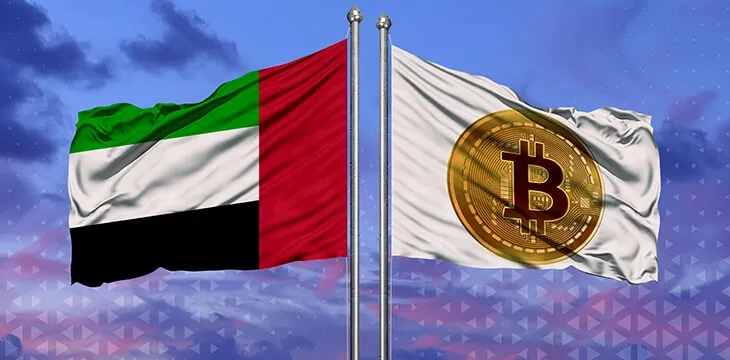|
Getting your Trinity Audio player ready...
|
Unbanked migrants in the United Arab Emirates are set to benefit from digital currency remittances, providing low cost, efficient infrastructure for sending payments to family overseas for the first time.
As the UAE moves towards opening the first licensed digital currency exchanges in the territory, the country’s large migrant population is eagerly awaiting the availability of wallets and digital currency transfer platforms, in order to reduce the costs of remittances, and improve the efficiency of cross-border transactions.
UAE is the world’s second largest remittance economy, with millions of migrants regularly sending money to support family and friends in their home countries. However, under current systems, these largely unbanked migrants have to queue in the heat for some time to access expensive, slow money transfer services in order to meet their obligations to family members.
As well as saving on often exorbitant remittance fees, the move towards digital currency will enable migrants to remit funds from their smartphone, for instant transfers to their destination countries, according to a Reuters report.
Of the 9 million residents of the UAE, some 80% are expats, sending over $43 billion annually to other countries around the world, according to the report. Second only to the United States in global remittances, the remittances sector makes up 12% of the economy of the country.
However, there remain some barriers to the introduction of licensed digital currency exchanges in the country, namely the need for regulation, which is continuing to shape up under the consideration of local authorities.
The UAE introduced a system of regulation for digital currency businesses in 2020, under the watchful eye of the Securities and Commodities Authority, which instituted several compliance requirements, including a licensing scheme, anti-money laundering provisions and data protection and security measures.
While at present, exchanges tend to serve only high net worth individuals, it is hoped that the country’s vast remittance sector could soon stand to benefit from a further liberalization of the regulations.
Watch: BSV Stories – Episode 4: The Middle East’s Blockchain Race

 05-26-2025
05-26-2025 





